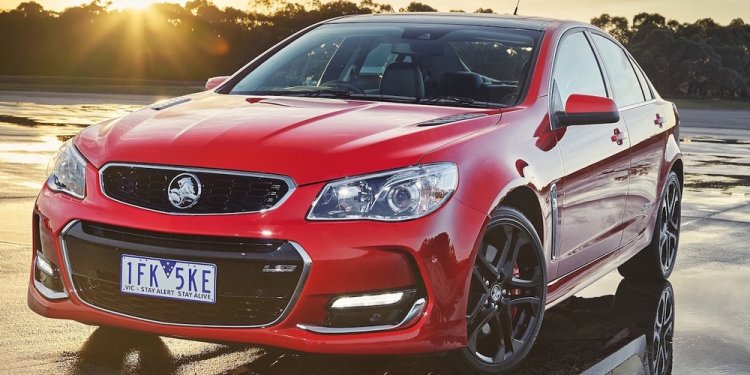
Australian car manufacturing industry
 A substantial boost in vehicle manufacturing is needed if Australia is ever to have a lasting automobile industry, according to initial findings circulated these days by the efficiency Commission’s query into Australia’s Automotive Manufacturing business.
A substantial boost in vehicle manufacturing is needed if Australia is ever to have a lasting automobile industry, according to initial findings circulated these days by the efficiency Commission’s query into Australia’s Automotive Manufacturing business.
The preliminary report found that not merely performed Australian Continent have very high labour prices, but it addittionally endured large logistics prices and energy fees. Most conclusions, especially across the disconnected domestic market and troubles in exporting, have been completely commonly canvased.
The Commission is working since October, examining dilemmas impacting the vehicle production industry, including feasible choices to federal government assistance.
Paul Gollan, associate Dean of Macquarie University’s faculty of company, stated while labour prices are regarded as high, logistics prices were in addition an issue.
“Less than half the elements are sourced from Australia, therefore [car makers] tend to be at the mercy of extended offer chains back into Asia and in other places, ” he stated.
But Professor Remy Davison, from Monash University, criticised the report for disregarding “the billions of dollars in indirect support afforded towards the resources, banking and housing sectors”.
“The Commission’s interim report cannot canvas the deleterious impact associated with the hollowing-out of Australia’s manufacturing ability in the lack of the automotive and connected companies, resulting in losing a domestic ability base, ” he stated.
The Federal Government had told automobile producers Holden and Toyota they would need await the results associated with inquiry before any further money choices had been taken.
Less than every single day after he had informed a Commission hearing that [Holden had not determined about withdrawing from Australian Continent](, the organization’s handling director Mike Devereux launched an [exit from manufacturing by 2017](.
Holden handling manager Mike Devereux confirmed the company would indeed stop production. AAP/Julian Smith
“Had the Holden announcement been held over until 2014 – or if perhaps the company had reached an understanding using Commonwealth government for additional assistance – it's very most likely that Commission’s evaluation would have been markedly different, ” Professor Davison said.
With its submission toward query, Holden argued “an continuous private-public partnership ended up being needed in Australia for the automotive production industry to contend globally”.
The distribution urged the us government to think about tariffs, subsidies, and taxation rewards. “The the truth is that countries don’t have an automotive business without some kind of government support, ” it stated.
Ford launched in May [it would cease manufacturing by 2016](, and Toyota can be [considering leaving production in Australia](.
Barry Burgan, Professor of company at Torrens University Australia, stated he had been not astonished in the preliminary findings. “They basically draw a conclusion that Australia is a top price country, which international causes are going against a sustainable industry that is based here.”
“The outcome is any assistance to maintain the industry as it is out there tend to be significantly doomed to failure, to being a waste of money, ” he said.
“This is without question conventional knowledge, though you can find that would disagree highly and suggest that discover a future outside the high amount, mass-produced marketplace.”
Professor Gollan conformed that options however existed in quality vehicles as well as in niche areas. “We could create cars which make high profits on a little scale, ” he stated.
“These could possibly be specialised vehicles like in the mining sector or activities vehicles like in large cost European countries.”
The report unearthed that the problems in passenger automobile production didn't extend to other portions, including truck and bus production, which had cultivated and had been profitable without government assistance.

















